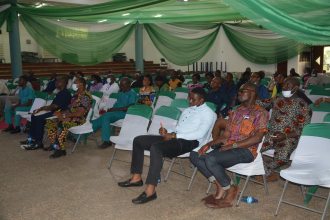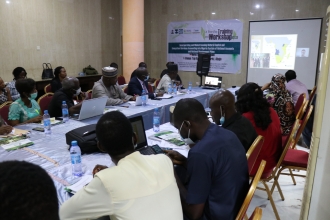
Rice farmers can get better yields and more resilience to climate change
EfD researchers have studied the effects of a method of rice cultivation that can increase crop productivity and requires less water and fewer seeds. The study took place in Kilombero, a major rice…


